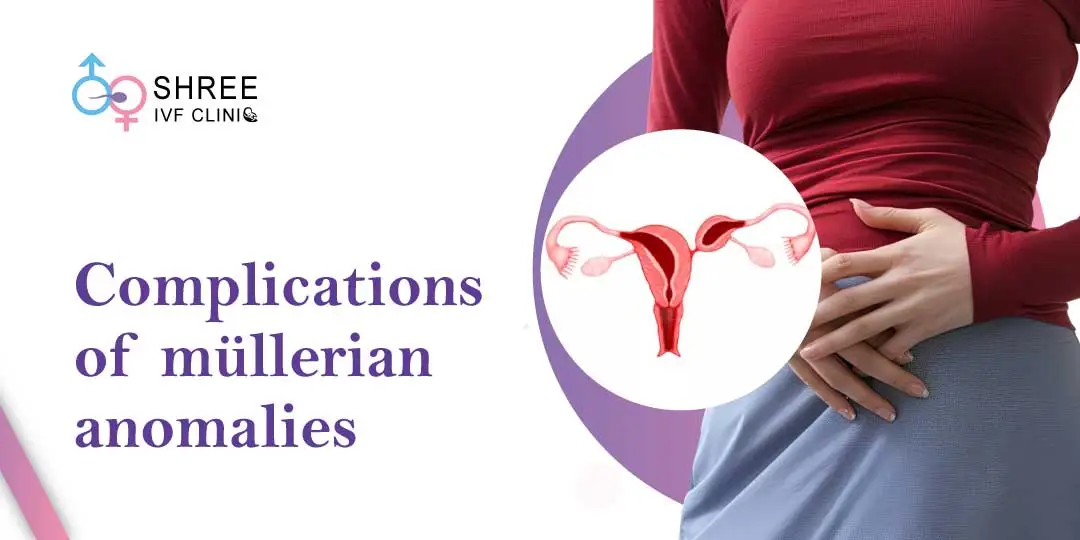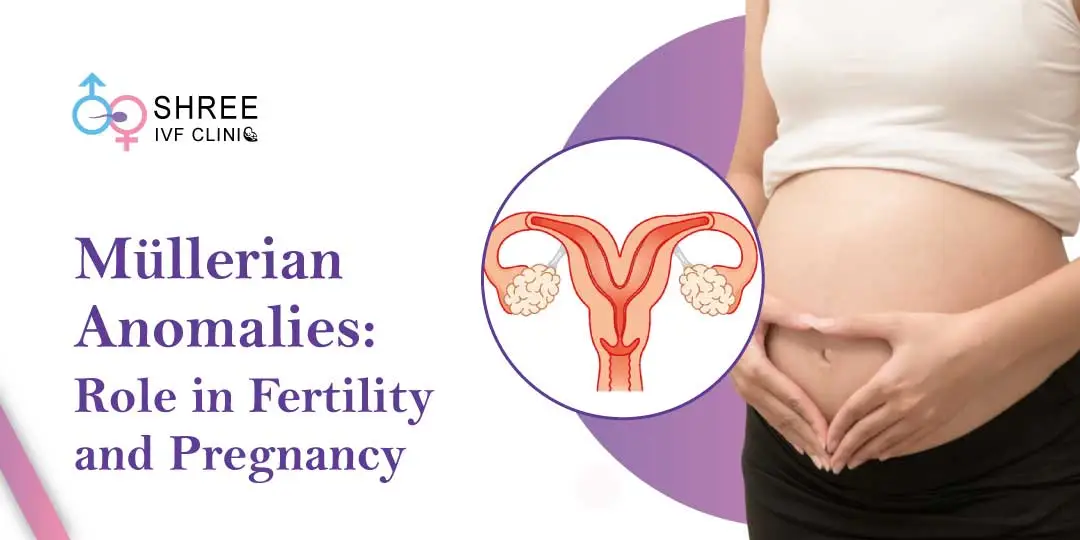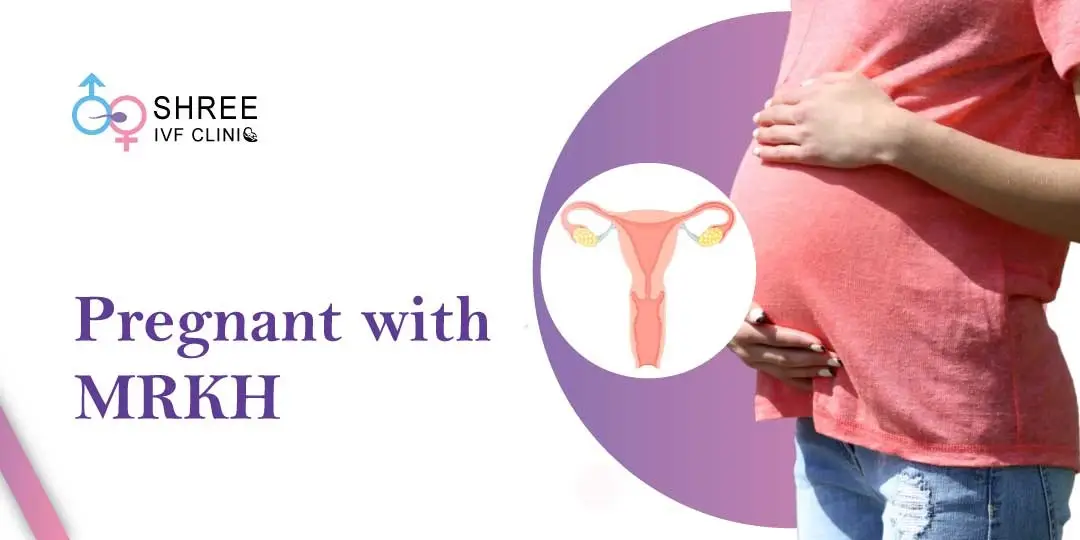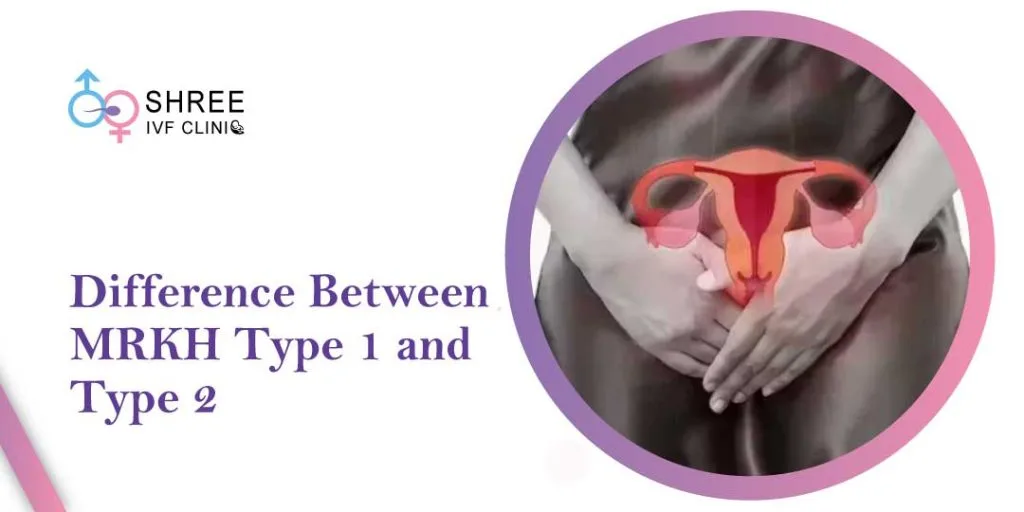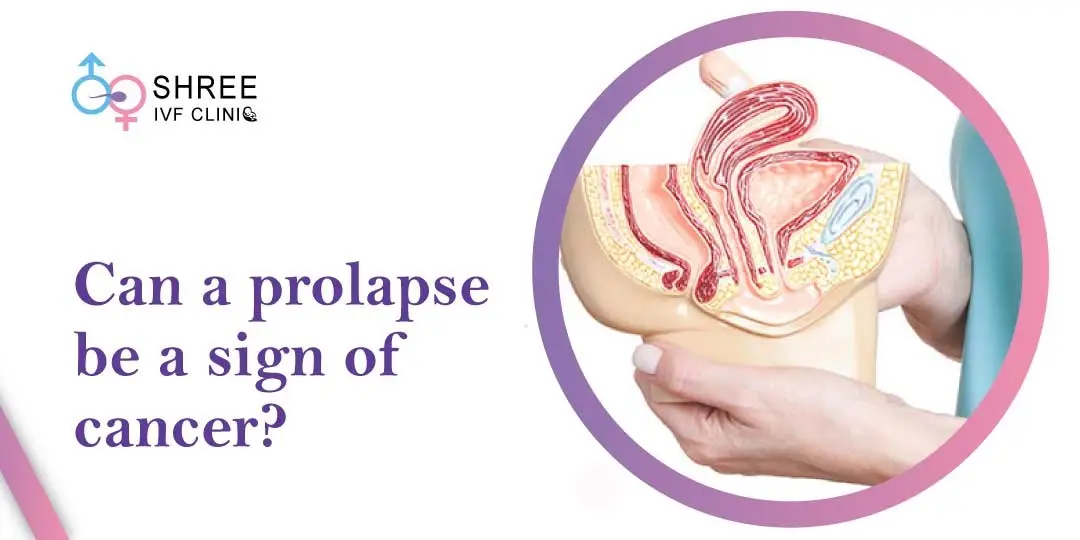Blogs
Are Mullerian Anomalies a Problem For Infertility?
Uncover how Müllerian anomalies affect fertility in our in-depth blog. From diagnosis to treatment, learn actionable insights for informed decisions on your reproductive health journey.
How to Prevent weight Gain after Failed IVF?
Combat post-IVF weight gain with holistic health tips. Manage hormones, eat well, and exercise. Prioritize self-care and emotional support
How is a Bleeding Prolapse Treated?
Epithelial, Germ Cell, and Stromal are ovarian cancer types which are classified by their originating cells
Müllerian Duct Anomalies: Role in Fertility and Pregnancy
Explore Müllerian Duct Anomalies’ impact on fertility and pregnancy. Discover types, diagnostics, treatments, and antenatal care with expert guidance.
Can You Get Pregnant with MRKH?
Curious about pregnancy with MRKH syndrome? Discover fertility options and treatment insights in our comprehensive blog. Learn about the impact of MRKH on conception, diagnostic methods, and the latest reproductive technologies.
Can Pelvic Organ Prolapse Go Away On Its Own?
Uncover the potential for pelvic organ prolapse (POP) to resolve naturally. Explore symptoms, management options, and factors influencing resolution.
What is the difference between MRKH type 1 and type 2?
Distinguish between MRKH Type 1 and Type 2, subtypes of Mayer-Rokitansky-Küster-Hauser syndrome. Explore symptoms, diagnoses, treatments, and the value of multidisciplinary care.
What is the Difference Between Agenesis and Atresia?
In atresia, the organ in question typically develops but remains closed or not properly opened. In agenesis, the organ or part does not develop at all
Can Pelvic Organ Prolapse be a Sign of Cancer?
Pelvic Organ Prolapse (POP) doesn’t directly cause cancer, but women with this condition are at a higher risk of developing certain cancers like uterine & gallbladder cancers

